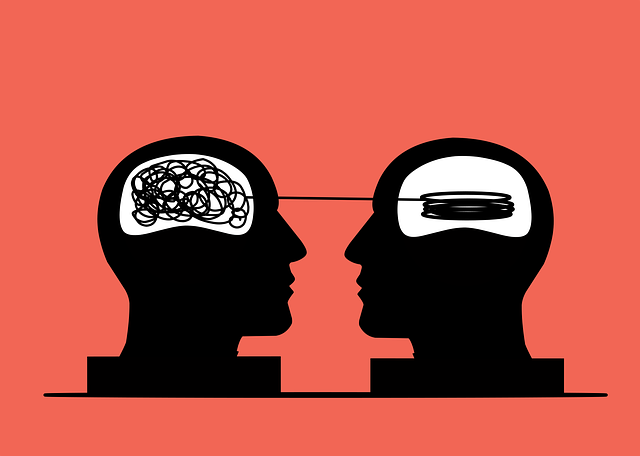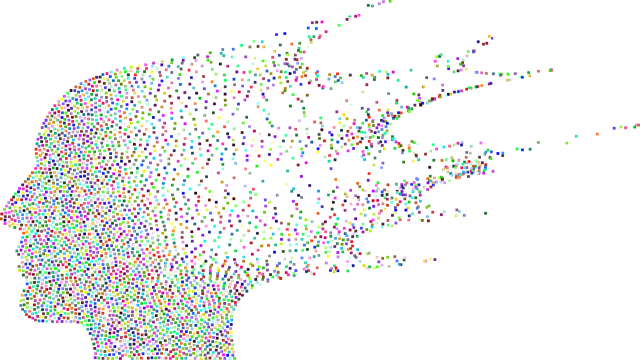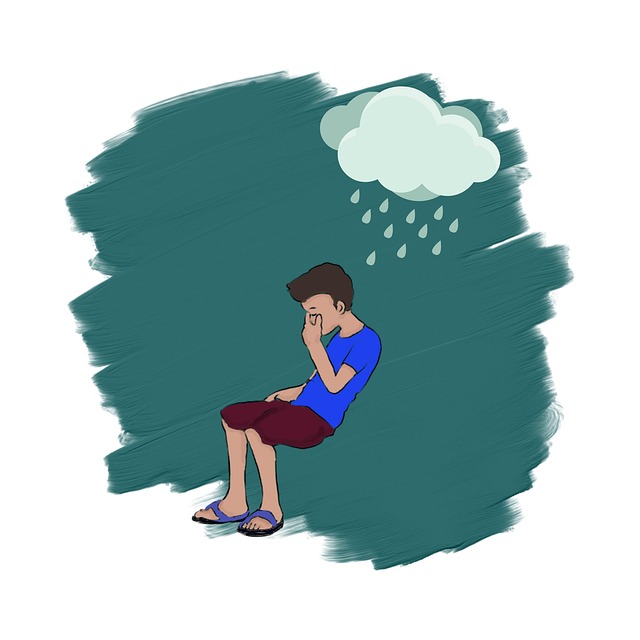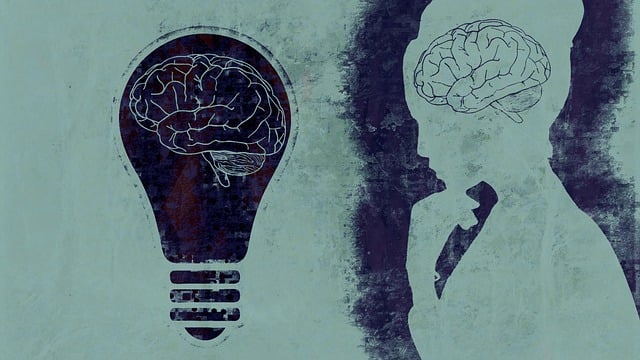Adolescent gambling addiction poses significant mental health risks, driven by peer influence, online access, and emotional regulation struggles. Early identification is key to preventing severe consequences. Specialized therapy programs combining behavior modification and underlying issue addressing, coupled with public education, empower teens and parents to recognize problem gambling signs and offer crucial support for recovery. Journaling provides a therapeutic outlet for stress, anxiety, and addiction, fostering self-reflection and emotional processing. A supportive journaling environment, incorporating tools like social skills training, offers a safe space for vulnerable expression, enhancing mental health and influencing future advocacy efforts. Tracking progress in a mental wellness journal empowers teens to take ownership of their recovery.
“Uncover the transformative power of mental wellness journaling for adolescent teens grappling with gambling addiction. This comprehensive guide explores the intricate link between teen gambling and mental health risks, offering a therapeutic approach through structured journaling. Learn how this simple yet powerful tool can create a safe space for self-reflection and emotional release. Discover practical steps to establish a supportive journaling routine, track progress, and celebrate achievements, empowering teens on their journey towards resilience and recovery.”
- Understanding Adolescent Gambling and Mental Health Risks
- Journaling as a Therapeutic Tool for Teens
- Creating a Supportive Journaling Environment
- Tracking Progress and Celebrating Achievements
Understanding Adolescent Gambling and Mental Health Risks

Adolescent gambling is a growing concern, often intertwined with mental health risks for teens. This age group is particularly vulnerable to developing problematic gambling habits due to various factors, including peer influence, access to online platforms, and emotional regulation challenges. In many cases, gambling serves as a coping mechanism for underlying issues such as stress, anxiety, or depression. It’s crucial to recognize these patterns early on, as they can lead to severe consequences if left unaddressed.
Therapy for adolescent teens gambling involves specialized mental wellness coaching programs that target both the gambling behavior and the root causes behind it. Emotional healing processes play a pivotal role in recovery, helping teens develop healthier coping strategies. Public awareness campaigns development is also essential to educate both adolescents and parents about the risks and signs of problem gambling, fostering an environment where support and resources are readily available.
Journaling as a Therapeutic Tool for Teens

Journaling has emerged as a powerful therapeutic tool for teens, offering a safe and private space to explore their thoughts and emotions. For adolescents grappling with issues like stress, anxiety, or even gambling addiction, putting pen to paper can be life-changing. This practice encourages self-reflection and promotes better understanding of one’s feelings, which is particularly beneficial during turbulent teenage years.
Through regular journaling exercises, teen participants in community outreach programs can build resilience and develop effective coping strategies. It provides an outlet for expressing frustrations, fears, or even excitement, allowing them to process emotions in a healthy manner. Moreover, integrating stress management workshops alongside journaling can empower teens with additional tools to manage challenges, fostering both emotional intelligence and a sense of control over their lives.
Creating a Supportive Journaling Environment

Creating a supportive journaling environment is a powerful step for adolescent teens grappling with gambling addiction. It offers a safe space to explore thoughts and emotions freely, serving as a form of therapy. The ambiance should foster openness; consider using soft lighting, soothing music, or nature-inspired decor to create a calming atmosphere. This environment encourages vulnerability, crucial for the healing process.
Incorporating tools like social skills training and conflict resolution techniques within this space can further enhance its therapeutic benefits. For instance, journaling prompts focused on building self-awareness and communication skills can empower teens to navigate challenges related to their gambling addiction. By nurturing a positive journaling experience, adolescents can develop coping mechanisms that extend beyond the page, positively impacting their mental health policy analysis and advocacy efforts in the future.
Tracking Progress and Celebrating Achievements

Tracking one’s progress in a mental wellness journal is an empowering practice that allows individuals to reflect on their journey and celebrate small victories. For adolescent teens struggling with gambling addiction, this becomes a powerful tool for therapy. As they record their thoughts, emotions, and behaviors, they can visually map out their recovery progress. By identifying patterns and triggers, teens gain insights into their mental illness and learn effective coping strategies. Each entry serves as a reminder of the hard work and resilience displayed along the way.
Celebrating achievements within the journal encourages a positive mindset shift. Adolescents can acknowledge their successes in overcoming gambling-related challenges, reducing compulsive behaviors, and improving overall well-being. This practice fosters self-compassion and reduces the mental illness stigma by promoting self-awareness and personal growth. Communication strategies and mental health education programs design can incorporate journaling as a therapeutic activity to enhance these efforts, providing teens with a safe space to express themselves and take ownership of their recovery process.
Mental wellness journaling offers a powerful, accessible therapy for adolescent teens struggling with gambling addiction. By creating a supportive environment and tracking progress, teens can develop coping mechanisms, gain insights into their behaviors, and celebrate achievements in their journey towards recovery. Journaling serves as a safe space to express emotions and work through complex issues associated with gambling, ultimately fostering improved mental wellness.














